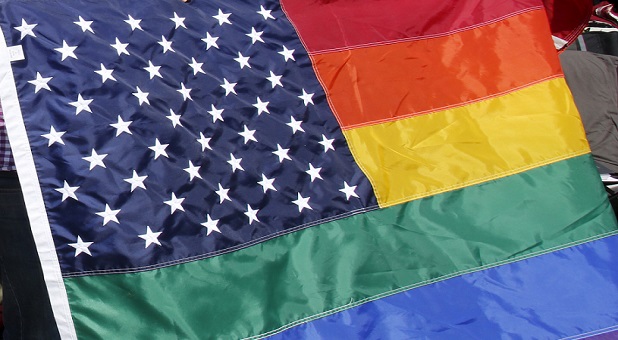Houston Voters Flush ‘Bathroom Bill’ With 62 Percent Against
A controversial measure that would allow men who identify as female to seek the right to use women’s restrooms and gym locker rooms, among other “gay rights” guarantees, was canned by voters in Houston, Texas, with 62 percent of voters saying “No.”
The vote followed heated protests in 2014 by Houston-area clergy and congregations. At one point, the administration of outgoing Mayor Annise Parker, a lesbian who championed the law, tried to subpoena texts of sermons delivered against the Houston Equal Rights Ordinance, or HERO. City attorneys, who at first contended the requests did not violate First Amendment religious freedom protections, later dropped the requests.
“The supporters of this proposition brought in movie stars and elites from Washington D.C. and Hollywood to try to force their twisted agenda on the good people of Texas,” state Lt. Gov. Dan Patrick told KHOU-TV. “It didn’t work and advocates of this ridiculous proposal are on notice tonight that the voters of Houston will not stand for this kind of liberal nonsense.”
Initially, the HERO measure, which passed the City Council but was immediately challenged in court, required institutions serving the public — except religious organizations — to open gender-specific facilities to those of the opposite sex who identified as the other gender. Parker later dropped the bathroom mandate, instead allowing transgendered individuals to file a complaint if they are refused the lavatory of their choice.
But toilet discrimination was in the eyes of Texas’ beholders — or not. “No Men In Women’s Bathrooms” was the rallying cry of opponents, and all other aspects of the HERO bill were cast aside. Parker and business supporters said the measure overall was a good thing for Houston’s economy, but clergy and voters weren’t buying.
“I don’t know why anyone would think that men going into a women’s bathroom or swimming pool or locker room would be a good idea,” Susan Hunter, who voted against the ordinance, told the BBC on election day.
Houston’s mayor predicted an economic backlash following HERO’s overwhelming defeat.
“Unfortunately, I fear that this will have stained Houston’s reputation as a tolerant, welcoming, global city,” Parker told the Texas Tribune website after the vote. “And I absolutely fear that there will be a direct economic backlash as a result of this.”
In the same Texas Tribune report, noted area Pastor Ed Young of the city’s Second Baptist Church, which has 70,000 members across six campuses, denied claims that a “no” vote was intended as hostile to anyone.
“Everybody’s interpreted this as a political thing, and that’s not the perspective from which I come,” Young told the website. “This is beyond politics. Someone asked earlier if Houston would be perceived by the national press, and other cities, as a place that discriminates. You know this great city. That’s not who we are.”







































